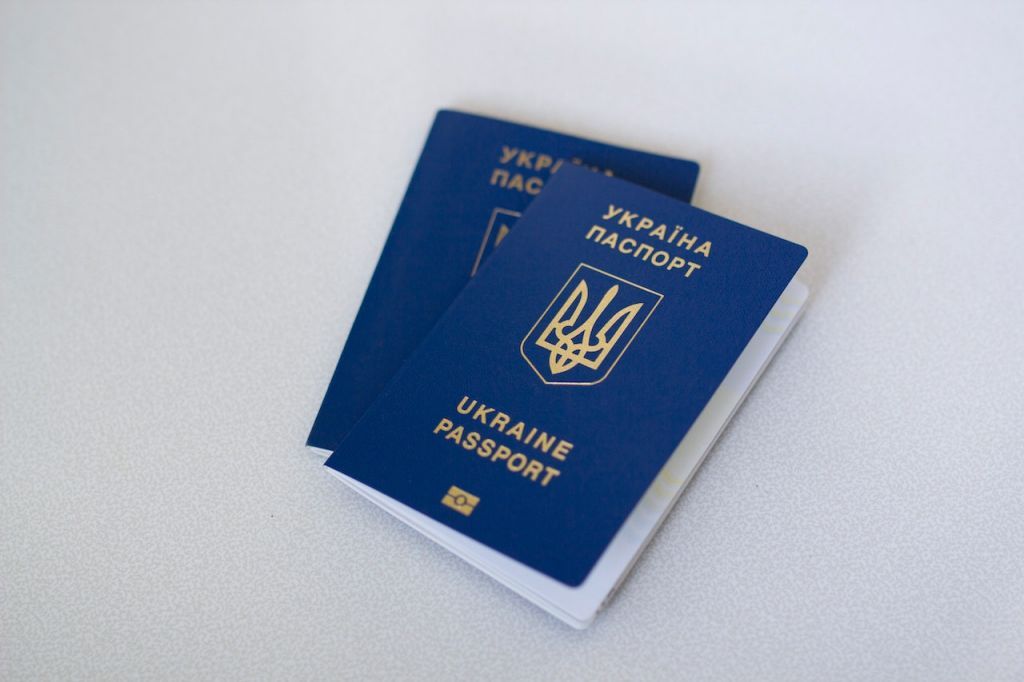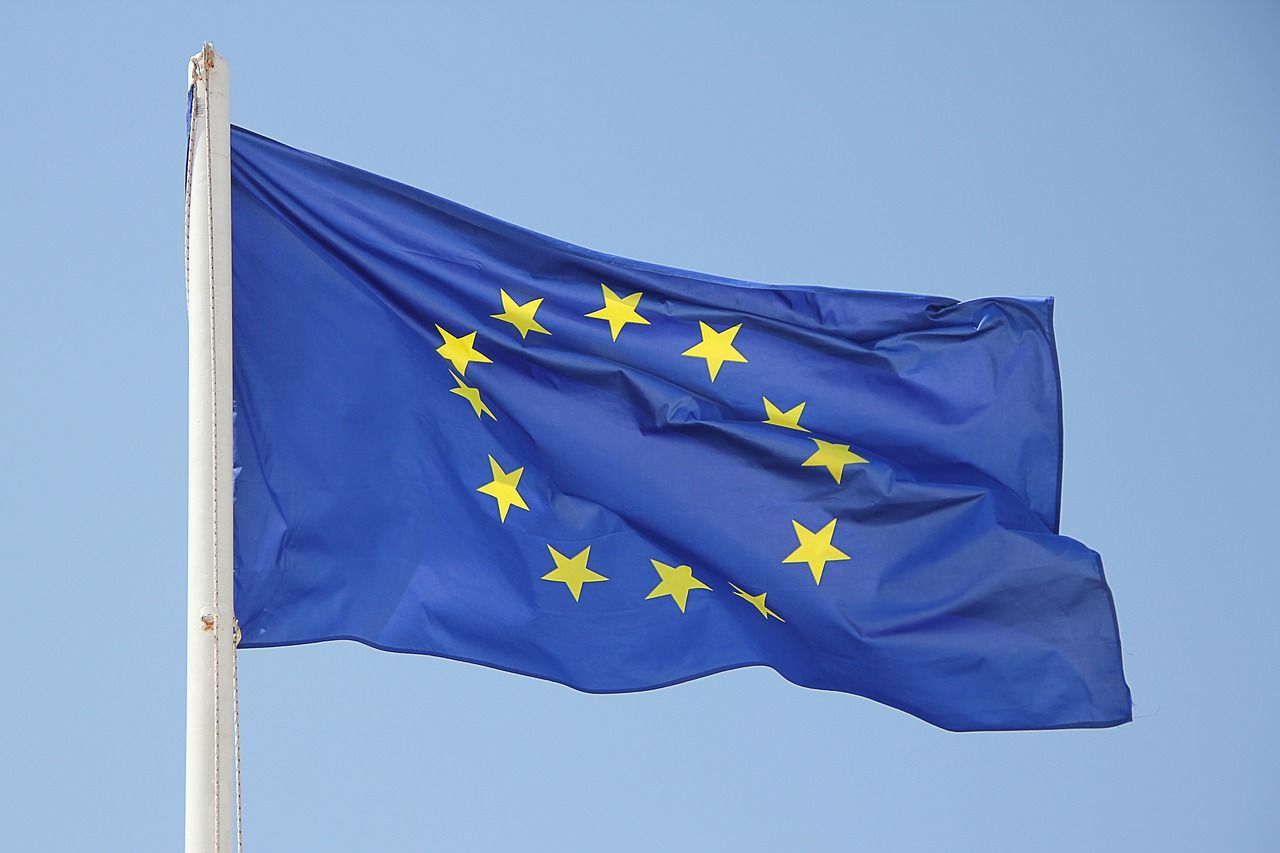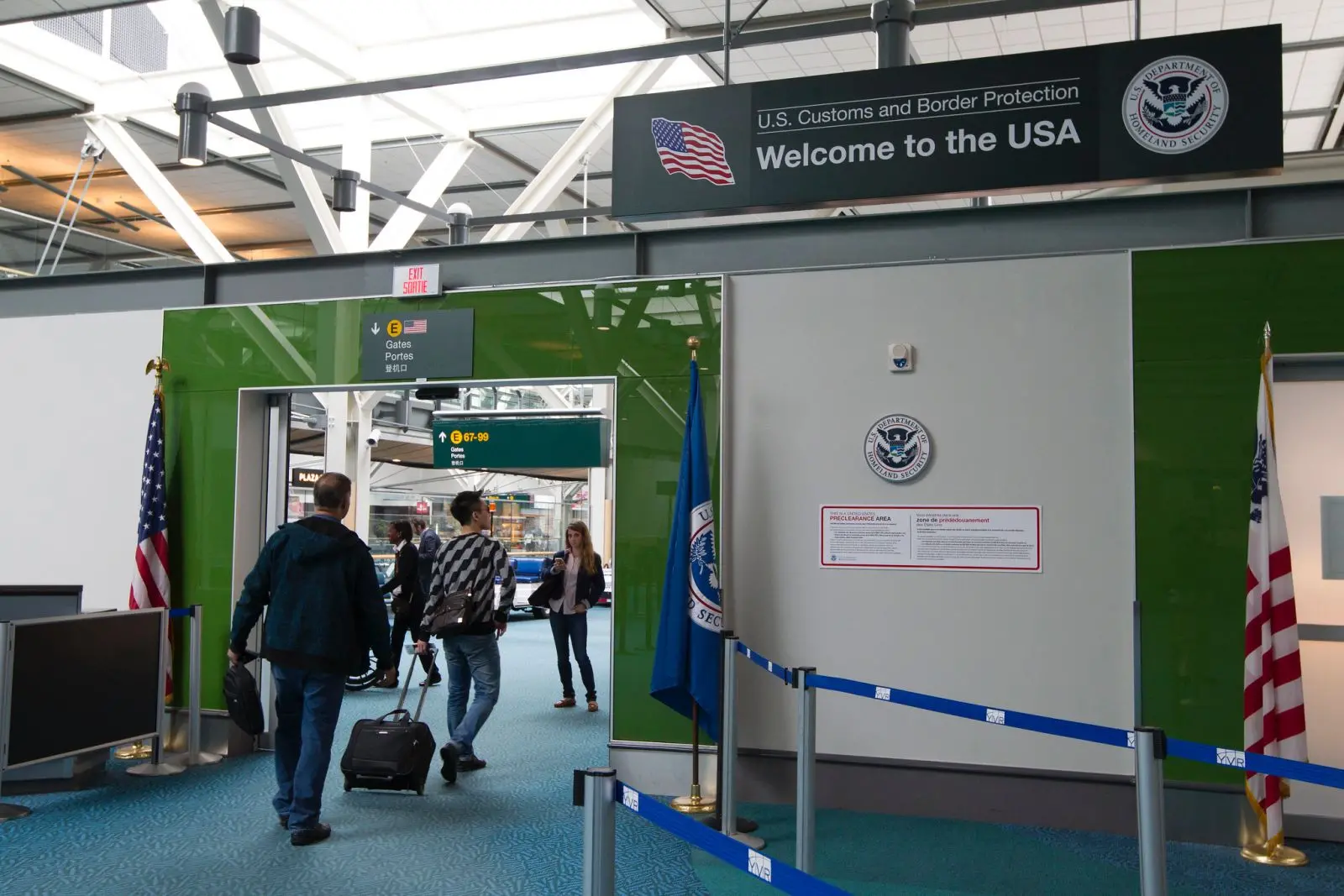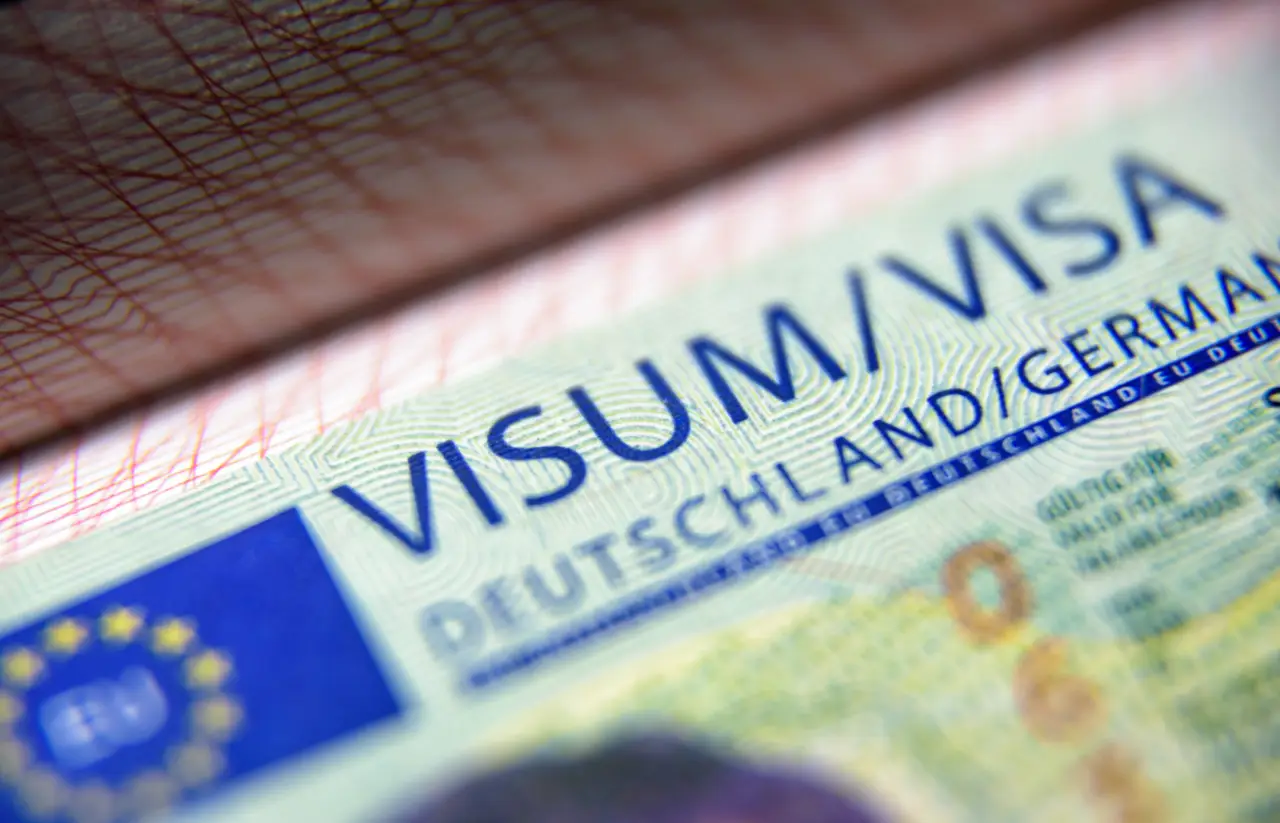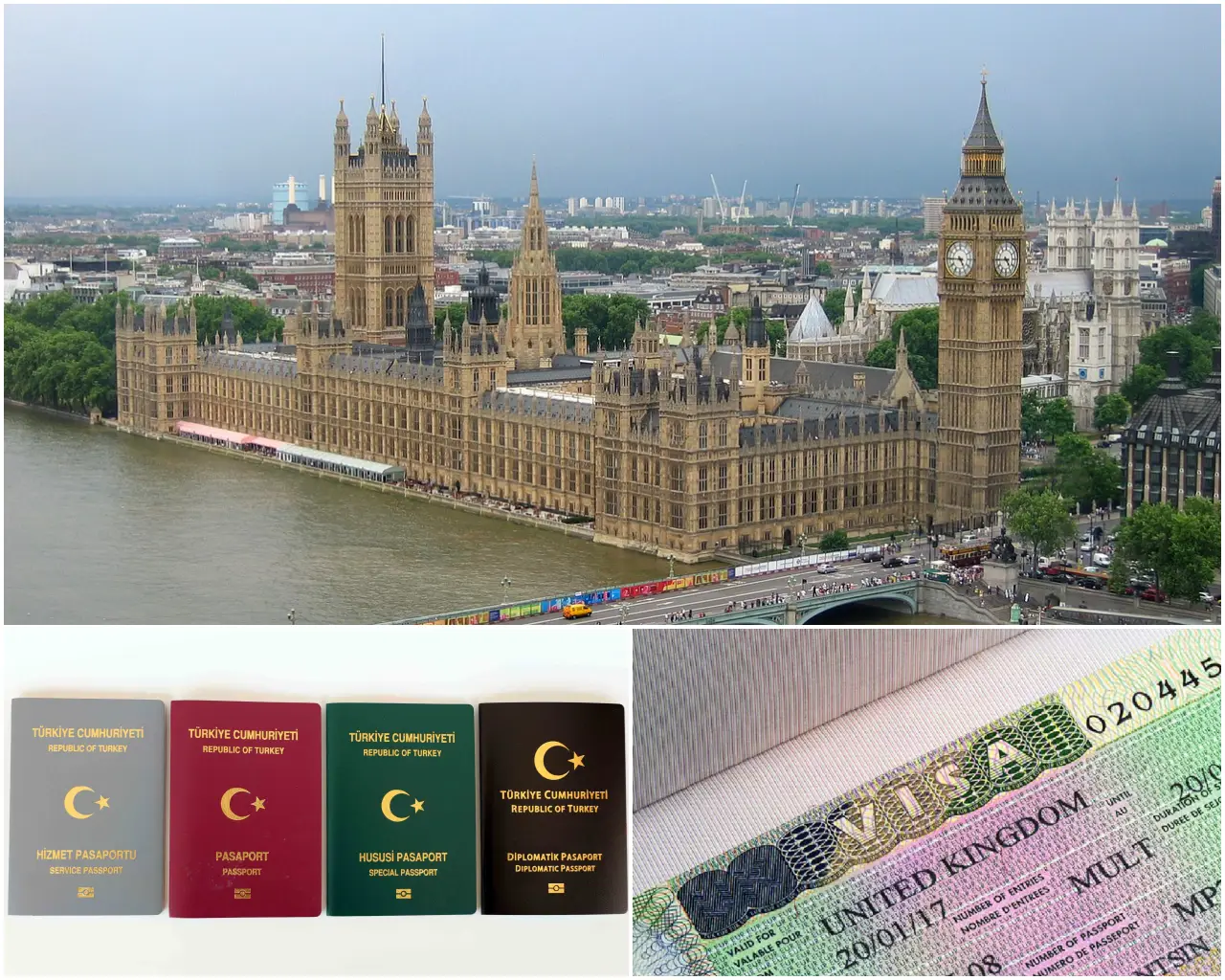Depending on your passport, travel can be as simple as just booking flights, finding a hotel, and then simply going. But for many across the world, it’s not that easy—a number of passport holders need to obtain a travel/tourist visa prior to arrival.
These visas typically require approval from the destination country’s government which can take weeks or months, and can often cost a lot of money.
Having a passport that has visa-free access to more countries enables citizens to travel with ease. This has great economic and social benefits for citizens and their countries, and governments are always looking to expand their relationships and make travel and business easier for their citizens. Currently, Japan has the world’s strongest passport with access to 193 destinations visa-free.
Investment migration experts Globalresidenceindex.com have conducted research to discover which passports have had the most improvement over the last 10 years.
United Arab Emirates
The UAE is a desert hub for business and travel. It is between East and West, advanced economies and developing ones, and over the last 10 years the UAE has become increasingly accessible, and in return, UAE passport holders can enjoy increased mobility. In 2013 the UAE passport had visa-free access to only 72 countries, this has increased to 178 in 2023.
2013 to 2023 visa-free countries change: +106
Colombia
Colombia is a South American nation with a rapidly growing economy; one of the largest in Latin America. In 2013 Colombia only had visa-free access to 63 countries, in 2023, this has increased to 133, giving Columbians much easier access to travel and do business all over the globe. This increased global access means that citizens can travel, build and develop all over the world.
2013 to 2023 visa-free countries change: +70
Ukraine
Ukraine has been at the forefront of international headlines over the past few years due to the ongoing conflict with Russia. However, Ukraine has seen increasing integration with the rest of the world in the form of greater visa-free access to more countries. In 2013 Ukraine only had access to 77 countries visa-free, this is now 144.
2013 to 2023 visa-free countries change: +67
Moldova
Moldova is one of the poorest countries in Europe, with its economy relying heavily on agriculture. In 2013 business opportunities and travel opportunities were limited with only 59 countries being able to be accessed visa-free. Over the past 10 years the number of countries has grown to 120.
2013 to 2023 visa-free countries change: +61
St. Vincent and the Grenadines
St. Vincent and the Grenadines is a southern Caribbean nation comprising a main island, St. Vincent, and a chain of smaller islands. With beautiful beaches and crystal-clear oceans, these idyllic islands are wonderful places. However, with an abundance of beauty, the islands lack many business opportunities and travel options. This is why the 151 visa-free destinations are imperative to the freedom of its citizens and the emergence and growth of business.
2013 to 2023 visa-free countries change: +59
Dominica
Dominica is one of the poorest Caribbean countries. Whilst being rich in natural beauty it offers limited economic and social opportunities. In the last 10 years Dominica has looked to improve the power of its passports and has gone from 87 visa-free countries to 144. Dominica also offers an Entrepreneur Visa scheme which allows candidates to obtain citizenship through investment. According to the program, applicants need to invest a minimum amount of $50,000 to apply, and in doing so new citizens can utilise all aspects of being a Dominica passport holder.
2013 to 2023 visa-free countries change: +57
Grenada
Grenada is another Caribbean country that has similar economic, social and political characteristics as its island neighbours, and thus citizens can have similar issues with travel and business. Since 2013 Grenada has expanded its number of visa-free travel destinations to 145 from 88.
2013 to 2023 visa-free countries change: +57
Peru
Peru is a country in South America that shares a large stretch of border with Colombia, a country that has also experienced large growth in passport power over the last 10 years. In 2013 Peru had visa-free access to 80 countries. In 2023 this has grown to 136.
2013 to 2023 visa-free countries change: +56
Georgia
Georgia is at the intersection of Europe and Asia. It is a developing country with a very high Human Development Index, with huge improvements including GNI per capita improving by about 183.2 percent, life expectancy at birth increased by 2.1 years, and expected years of schooling gained by 2.4 years. Economic reforms since independence have led to higher levels of economic freedom, as well as reductions in corruption indicators, poverty, and unemployment. In 2013 Georgia only had visa-free access to 60 countries, and in the last 10 years that has increased to 115.
2013 to 2023 visa-free countries change: +55
St. Lucia
Overall, the Caribbean has seen huge growth, influence and interest as it offers fantastic benefits to its citizens, and St. Lucia is no different. With visa-free travel to 146 countries in 2023 the St. Lucia passport has become increasingly powerful over the past few years adding an extra 52 countries.
2013 to 2023 visa-free countries change: +52
A spokesperson from Globalresidenceindex.com commented: “Holding a powerful passport is a crucial advantage, where you can move visa-free, have significant investment opportunities and a high quality of life that comes with a shared duty to the rest of the globe.
“Being able to travel for leisure and business is pivotal in the development and growth of nations and individuals. Passports are supposed to represent freedom, and it’s in the governments’ interests to make that freedom as accessible as possible.
“Many countries have begun to open their doors to make travel and business much more streamlined and accessible. Despite all of the tension and conflict that headlines the news, globalisation is bringing many positives to developing and established nations. The world has never been so connected, and the increase in most nations’ passport power over the last 10 years demonstrates this.”

